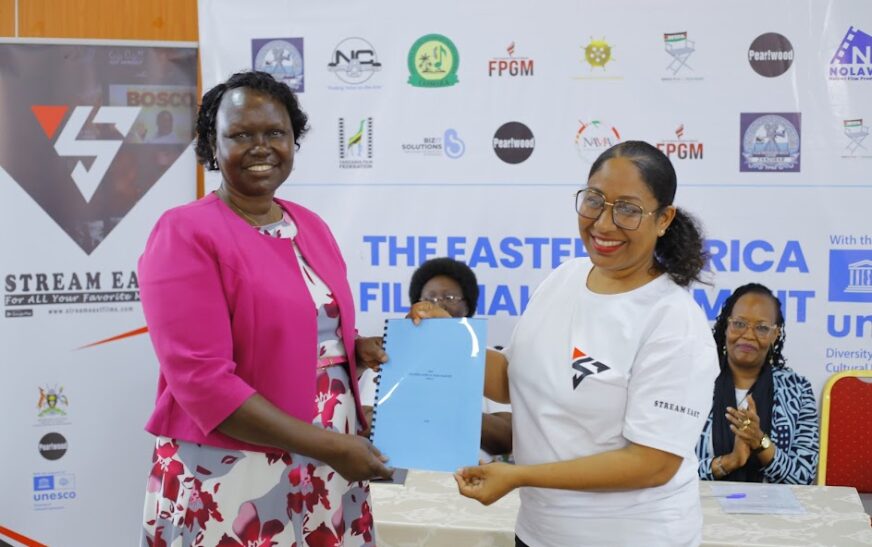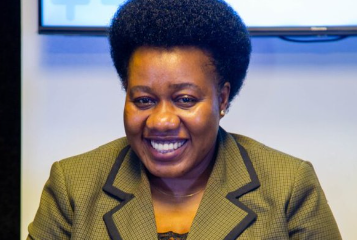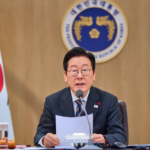A major milestone in the East African film industry was reached on Thursday as Stream East, a new regional streaming platform, was officially launched in Uganda.
Hosted at Esella Country Hotel, the event marked the culmination of a four-day regional summit supported by UNESCO under the Revitalizing the Film Industry for Livelihood Enhancement (REFILE) project.
Backed by the International Fund for Cultural Diversity (IFCD), the REFILE project is a collaborative effort among eight East African countries—Uganda, Tanzania, Kenya, Rwanda, Ethiopia, Malawi, Zambia, and Zanzibar—designed to strengthen the filmmaking ecosystem and enhance sustainable livelihoods through cinema. Uganda, through the Ministry of Gender, Labour and Social Development, co-organized the summit in partnership with Pearlwood, the national umbrella body for filmmakers. The event brought together government officials, representatives from international bodies, film federation leaders, and prominent voices from the creative sector.
Representing the Ministry, Commissioner Juliana Naumo Akoryo emphasized that the launch of Stream East is more than just a digital milestone. It is, she said, the beginning of a new cultural era for East Africa—one defined by shared storytelling, increased access to markets, and a bold commitment to elevating regional narratives. She praised the collaborative energy demonstrated during the summit and commended all the delegates from the participating countries for their active engagement and vision.
One of the most groundbreaking outcomes from the summit was the signing of the Eastern Africa Filmmakers’ Pact. This comprehensive agreement lays the foundation for unified growth in the film sector, encompassing joint production strategies, intellectual property protection, fair revenue models, and regional policy advocacy.
Delegates from each participating country appended their signatures to this historic document, pledging to work hand in hand to uplift the industry across borders.
The launch of Stream East stands as a core achievement of this pact. Developed under a $100,000 funding framework, the platform provides filmmakers with an avenue to reach broader audiences both regionally and internationally, while also offering mechanisms for content monetization. Commissioner Akoryo noted that this platform reflects what regional cooperation can achieve and underscored that it belongs to the creatives themselves.
Pearlwood Secretary General, Mzee Julius Bwanika, reiterated that the platform is run by associations of producers who contribute to and manage it collectively. He invited more film associations across the region to join, stating that the vision for Stream East is inclusivity and growth driven by unity and ownership.
Adding to the momentum of the summit was the formation of an Interim Regional Filmmakers’ Council, tasked with steering the implementation of the Pact’s priorities over the next three months. The leadership includes Salma Salim Adim from Zanzibar as Secretary General, Dusabimana Apollos of Rwanda as Vice Secretary General, and Bridget T. Chibwe of Zambia serving as Council Secretary. These individuals were chosen for their proven leadership and commitment to the advancement of the film industry in their respective countries.
In her inaugural address as Interim Secretary General, Salma Salim Adim spoke passionately about the significance of the moment. She described the Pact as a movement rather than just a document, emphasizing the promise it holds for cross-border collaboration, creative empowerment, and stronger protections for film professionals. Salma stressed that the pact is regionally owned and not under the control of any single nation, an arrangement that she believes will promote transparency and shared responsibility.
Speaking about Stream East, Salma acknowledged the long-standing challenges filmmakers have faced in distributing and monetizing their work. She stated that the platform offers a much-needed breakthrough, enabling creators to sell and stream their films regionally at affordable rates while maintaining control over their content. She also pointed out that generational inclusion is central to the initiative, with plans to involve youth and emerging storytellers in ongoing and future projects.
Salma addressed questions about competition with global streaming giants by positioning Stream East not as a rival but as a culturally rooted alternative. She highlighted that it complements global platforms by offering authentic content grounded in East African identity and context.
Among those who signed the Pact were high-ranking representatives from all eight countries involved. Uganda’s Pearlwood was represented by President Namatovu Aisha and Secretary General Julius Bwanika. Tanzania’s TAFF sent Rajabu Amiry Abdallah and Fadhili Francis Mfate. Rwanda’s Mugisha James and Dusabimana Apollos represented the Rwanda Film Federation. Zambia was represented by Bridget Chibwe and Wilo Paul Shamulanga, while Kenya’s signatories came from the Kenya Film & Television Professionals Association, including Onyango Ezekiel and Kiruhi Eddah Wangui. Zanzibar’s delegation featured Salma Salim Adim and Mohamed Selemani Hamad.
The unity and energy that characterized the summit now serve as a launchpad for a new phase in East African cinema—one where stories from Kampala to Kigali, Dar es Salaam to Lusaka, and Addis Ababa to Zanzibar find their voice, their screen, and their audience. As Commissioner Akoryo noted in her remarks, this isn’t just about film—it’s about identity, inspiration, and economic empowerment.
Stream East is now live and ready to serve as a bridge between East African creators and the world. The journey has only begun, but the foundation is firm. From here on, the reel rolls forward—with the region telling its own story, on its own terms.



















